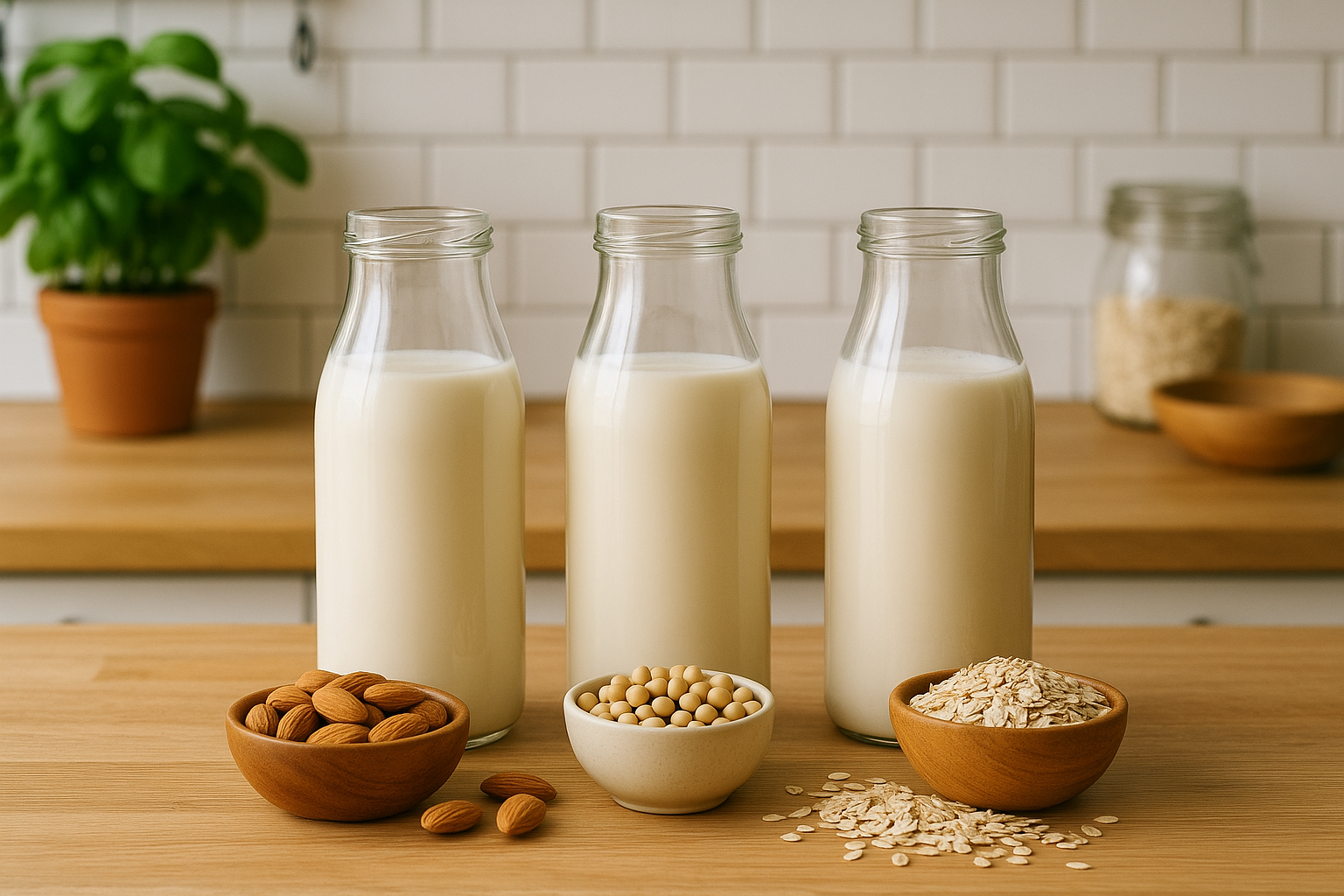Beyond Protein Powder: The Ultimate Guide to Plant-Based Nutrition
Exploring Plant-Based Dairy Alternatives

Dairy alternatives have become a staple in plant-based diets, offering options for those who are lactose intolerant or choose to avoid animal products. Almond, soy, oat, and coconut milks are popular choices, each with unique nutritional profiles. Soy milk, for example, is rich in protein and often fortified with calcium and vitamin D, making it a comparable alternative to cow's milk. Cashew and macadamia milks offer creamy textures, perfect for coffee or desserts. Additionally, plant-based cheeses and yogurts have evolved, providing delicious and nutritious options without the saturated fat and cholesterol found in traditional dairy. Exploring these alternatives can enhance dietary variety and enjoyment.
The Environmental Impact of Plant-Based Eating

One of the most compelling reasons for adopting a plant-based diet is its positive impact on the environment. Animal agriculture is a major contributor to greenhouse gas emissions, deforestation, and water pollution. By reducing reliance on animal products, individuals can significantly lower their carbon footprint. Plant-based diets require less land, water, and energy compared to meat-based diets, making them a more sustainable choice. Furthermore, the reduced demand for livestock can lead to a decrease in habitat destruction and biodiversity loss. Embracing plant-based nutrition not only benefits personal health but also contributes to the preservation of our planet for future generations.
